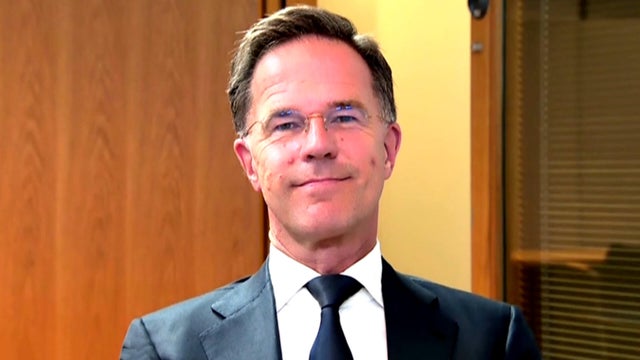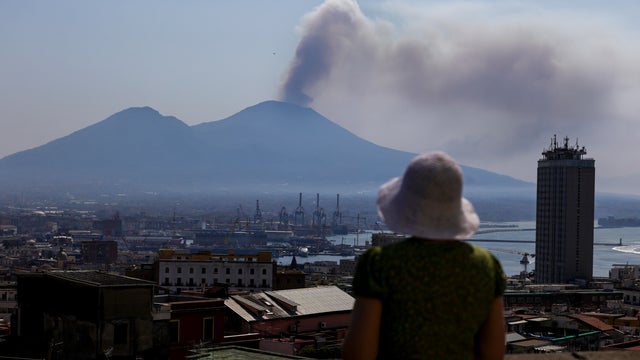
As America grapples with an escalating plastic crisis, the city of Houston, ExxonMobil and other partners announced a new program that promised to recycle nearly all of the city's plastic waste. However, after two years, the program has yet to fully materialize. Critics argue that the evidence suggests it never will. And yet, the company envisions similar programs in other American cities. CBS Reports and Inside Climate News investigate whether this proposed solution to our plastic recycling crisis is indeed too good to be true.

CBS Reports' investigation into "Advanced Recycling" and its potential to solve the plastic waste crisis raises serious questions about the viability and environmental impact of this technology, often touted by "Big Plastic" as a solution. The report highlights the significant gap between the industry's marketing claims and the on-the-ground reality. While advanced recycling techniques like pyrolysis and gasification promise to break down plastics into fuel or other materials, the CBS investigation casts doubt on their effectiveness and scalability. Key concerns raised include: Environmental impact: The report questions the true carbon footprint of these processes. While proponents claim they reduce greenhouse gas emissions compared to landfill or incineration, the investigation suggests that the energy consumption and potential for air and water pollution during the conversion process may negate those claimed benefits. The lifecycle assessment of these technologies, including the energy used for collection, transportation, and processing, remains unclear and often underreported. Lack of transparency and regulation: The industry's lack of transparency makes it difficult to independently verify claims about efficiency and environmental performance. The report points to a lack of stringent regulation and standardized testing protocols, hindering the ability to accurately assess the environmental impacts of these processes. This lack of transparency allows companies to market advanced recycling as a more sustainable solution than it may actually be. Economic viability: The economic feasibility of advanced recycling plants is questionable. The high capital costs and operational expenses raise concerns about their profitability and long-term sustainability, especially given the fluctuating prices of fossil fuels which often compete with the products produced by these plants. Focus on plastics that are easily recycled: The report suggests that many advanced recycling facilities predominantly process plastics that are already relatively easy to recycle through traditional mechanical methods. This raises the question of whether these technologies are focusing on the most challenging plastic waste streams or diverting resources from proven and more environmentally friendly solutions. Downcycling vs. Upcycling: Many advanced recycling processes result in "downcycling," converting plastics into lower-value products like fuel, rather than "upcycling" into higher-value materials. This perpetuates the reliance on virgin plastic production. The CBS Reports piece ultimately challenges the narrative promoted by Big Plastic that advanced recycling provides a silver bullet solution to the plastic waste crisis. It highlights the need for greater transparency, rigorous independent assessment, and stronger regulation to ensure that these technologies are truly sustainable and environmentally sound. The report suggests that a multifaceted approach, encompassing reduced plastic consumption, improved mechanical recycling infrastructure, and a focus on biodegradable alternatives, remains crucial in tackling the global plastic waste problem. The future of advanced recycling, as depicted by the CBS investigation, depends on addressing these concerns and proving its true environmental and economic value.





